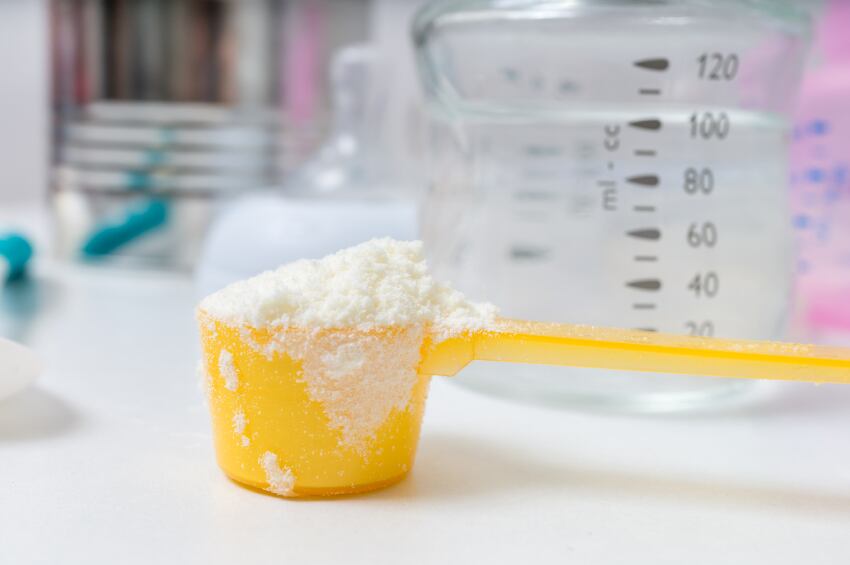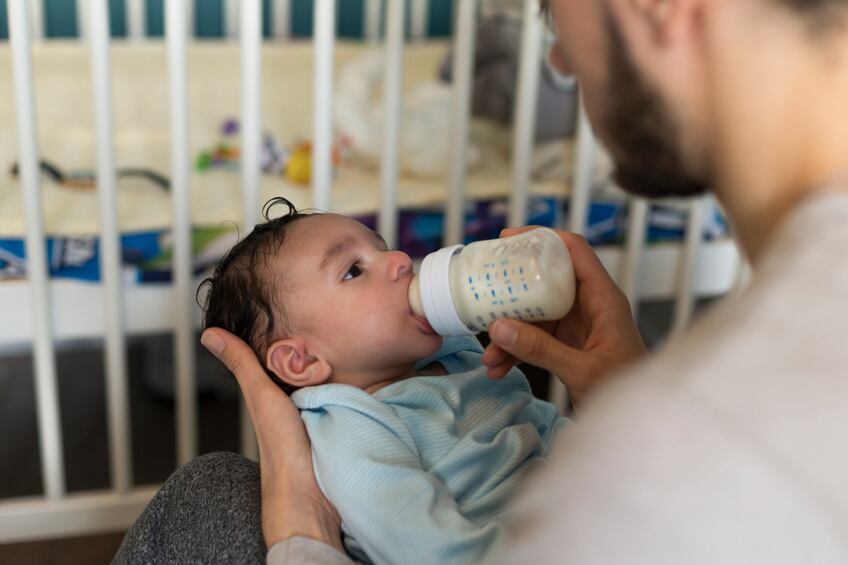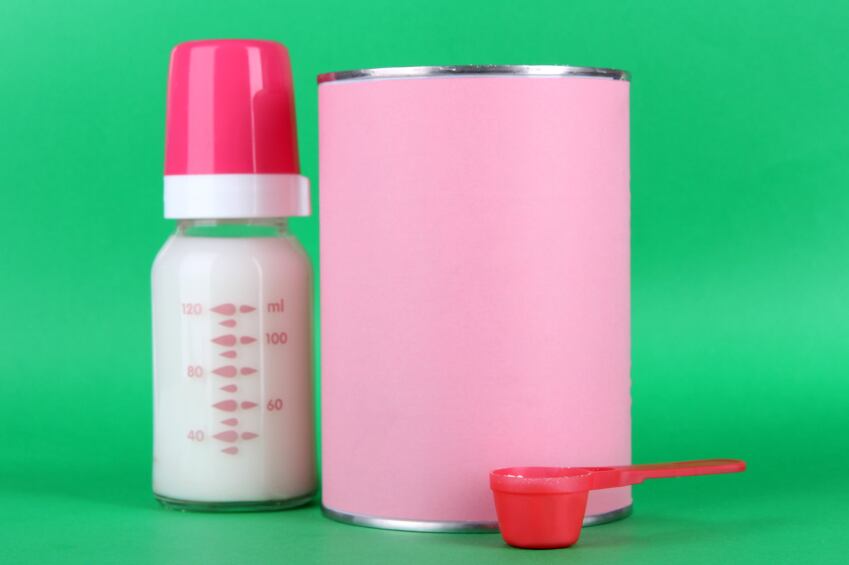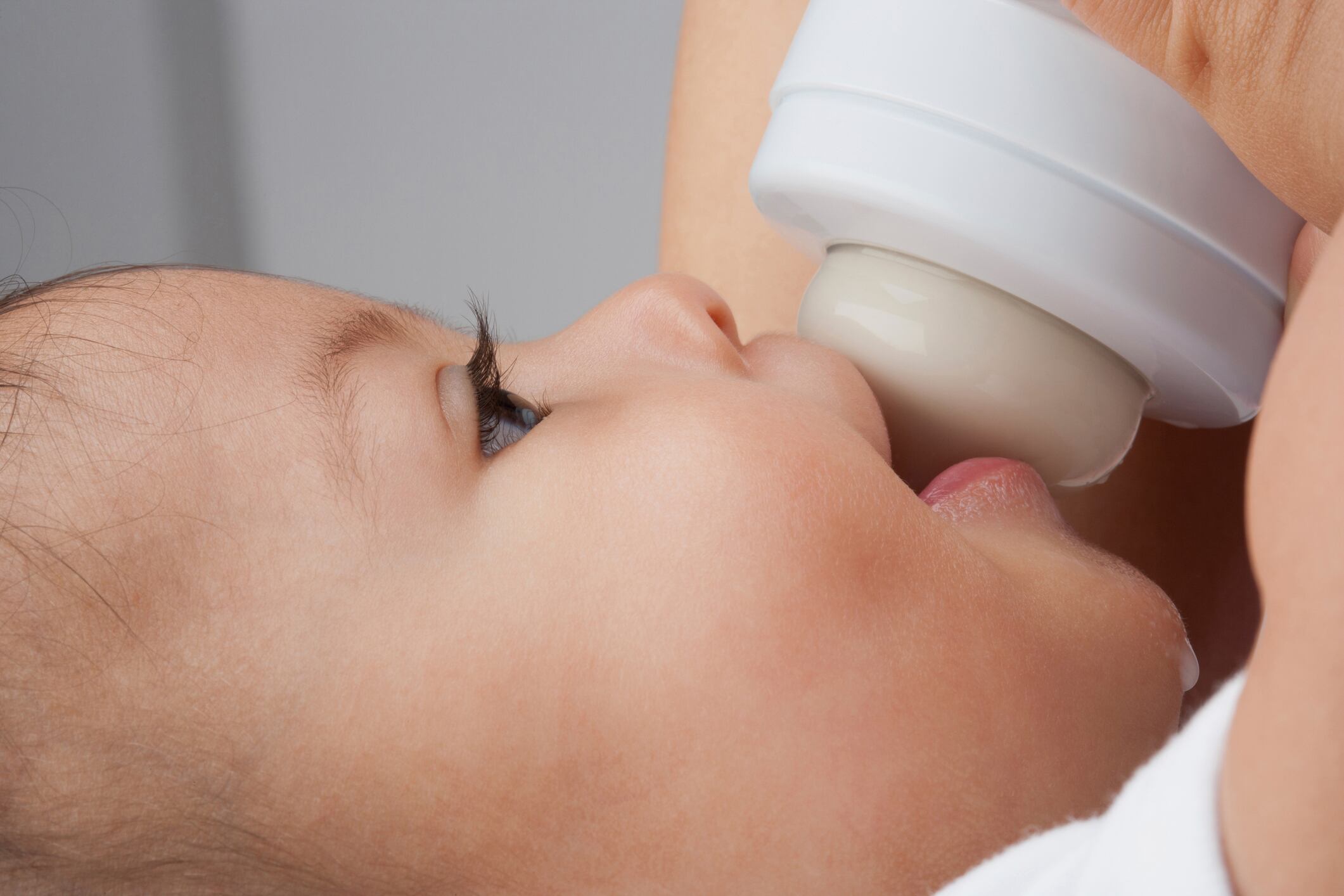In an opinion statement, the Agency acknowledges the many stages of infant formula production that are prone to contamination adding the, “absence of pathogenic bacteria depends on multiple actions contributing to maintaining an environment that does not favour its development”.
“The expertise highlights the importance of preventive measures according to the stage of preparation, in particular after pasteurisation, and vigilance changes in the working area,” the statement continues.
“Final product controls do not constitute measures that can provide the guarantee of safety of finished products.
“A complement of hygiene and prevention measures, which may include site inspections is recommended.
“ANSES strongly encourages the industry to develop a common guide on good hygiene practices and HACCP principles applied to the production of powdered infant formula.”
HACCP principles
Unlike many sectors of the food industry, a common guide to good hygiene practices and Hazard Analysis and Critical Control Point (HACCP) principles does not exist in France for the manufacture of powdered formula for infants.
With ANESES’ expert committee in Assessment of Biological Risks in Food (BIORISK) and the "Poudres infantile" Working Group taking a lead, these latest recommendations are an update to existing French Agency for Food Safety opinion formed in 2008.
Their creation was made all the more urgent as the Directorate-General for Food sought to respond to 2017’s outbreak, in which 35 children under 1 year of age were affected.
According to the World Health Organization (WHO), the outbreak was associated with consumption of four different brands of infant formula, which had been exported to 16 countries that included France, Netherlands, Spain, Switzerland and The Ukraine.
Strengthen factory monitoring
In further recommendations, ANSES emphasises general hygiene measures such as prevention of environmental contamination, ingredients analysis, application of hygiene rules by staff, and cleaning.
The Authority highlights the need for a relatively vast number of samples to be collected and analysed to determine whether a batch is contaminated.
“However, these checks do make it possible to verify the effectiveness of the hygiene and prevention measures implemented in the factory,” the opinion continues.
“The appraisal also proposes some sampling and analysis methods for testing finished products or the environment, along with their performance limits.”
“Monitoring and preventing contamination of the manufacturing environment are essential to ensure the safety of finished products.
“To achieve this, ANSES proposes tools for identifying contamination sources and routes, drawing up sampling plans for the factory environment (floors, walls, equipment, machinery, etc.) and searching for causes in the event of a non-compliance being detected.”




